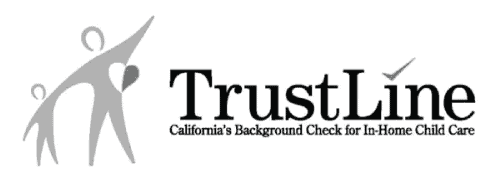Becoming a new parent can be a challenging and rewarding experience.
Your newborn baby entirely depends on you for their needs, which can be both exhilarating and overwhelming. However, with time, you will become more attuned to your baby’s cues and signals and be able to respond more effectively to their needs.
This article will explore what you need to know about newborn cues and signals and how to respond to them.
What are Newborn Cues and Signals?
Newborn cues and signals are how your baby communicates their needs and feelings. Some of the most common cues and signals include crying, cooing, body language, and facial expressions. Understanding these cues will help you respond to your baby’s needs promptly and effectively.
Why is it Important to Respond to Newborn Cues and Signals?
Responding to your newborn’s cues and signals is essential because it helps to build a strong bond between you and your baby. When you respond to your baby’s needs, you send a message that you care about them and are there to meet their needs. This response helps to create a sense of trust and security that is crucial for your baby’s development.
Additionally, responding to your baby’s cues and signals can help to prevent overstimulation and reduce stress. When your baby is hungry, tired, or needs a diaper change, it’s important to respond promptly to their signals to prevent distress. This response will help to ensure that your baby is comfortable and happy.
Tips for Responding to Newborn Cues and Signals
Pay attention to your baby’s body language.
Your baby’s body language can give clues about their needs or feelings. For example, if your baby is fussing, they may be hungry or tired. If they arch their back and pull their legs to their chest, they may be in pain or uncomfortable. Attention to your baby’s body language will help you respond to their needs more effectively.
Pay attention to your baby’s cries.
Your baby’s cries can provide essential clues about what they need. For example, if your baby’s cry is high-pitched and urgent, they may be hungry. If their cry is low and drawn out, they may be tired or need a diaper change. Recognizing your baby’s different cries will help you respond to their needs more effectively.
Respond promptly.
When your baby signals that they need something, it’s important to respond swiftly. Delaying your response can increase your baby’s distress and make it difficult for you to soothe them.
Offer comfort and security.
When your baby is upset, it’s important to offer comfort and safety. You can hold your baby close, speak softly, and make eye contact. These simple acts of comfort can help to soothe your baby and reduce their distress.
Seek help if needed.
If you’re struggling to respond to your baby’s cues and signals, don’t hesitate to seek help. Talk to your pediatrician, a lactation consultant, or a newborn care specialist for guidance and support.
Understanding and responding to your newborn’s cues and signals is vital in building a strong bond and creating a sense of trust and security. With time and practice, you’ll become more attuned to your baby’s cues and signals and respond to their needs more effectively. Remember to seek help if needed, and always trust your instincts as a parent.



